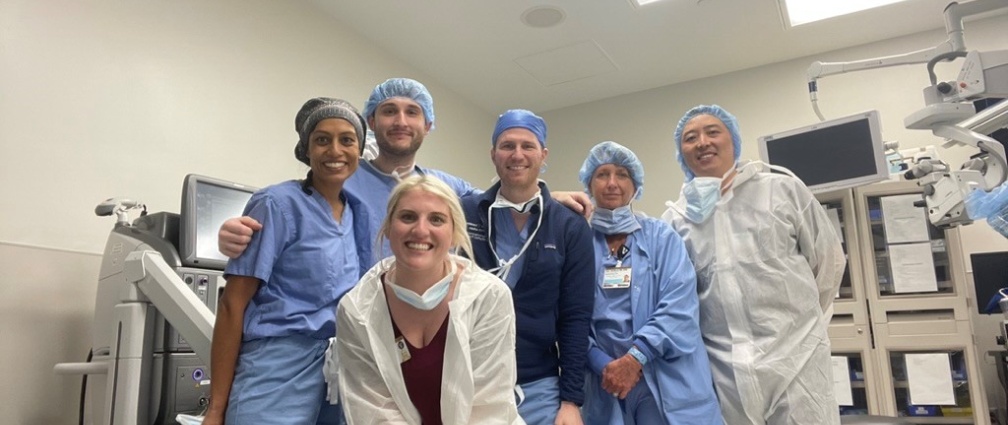Surgery
Vanderbilt is a tertiary referral center for complex surgical pathology. Vanderbilt fellows will be well-versed in dealing with retinal detachments and macular surgery, but also comfortable to more complex cases such as proliferative vitreoretinopathy, secondary lens cases, complex macular holes, uveitis detachments, pediatric retinal detachments, and tractional retinal detachments. Fellows will graduate with a goal of 500 cases as primary surgeon.
Our operating space in the Vanderbilt adult and pediatric operating rooms and the Nashville VA is staffed by a wonderful team of trained ophthalmic nurses and operating staff. The operating rooms feature state-of-the-art equipment including Zeiss Lumera operating microscopes, the Alcon Constellation vitrectomy system, along with both the BIOM, RESIGHT, and NGENUITY viewing systems.
Fellows receive both informal and formal periodic feedback from faculty regarding their progress in training.
Schedule
Each has about 2.5 days/week in the OR, 2 days/week of clinic, and one-half day of research per week. The surgical experiences is spread evenly across both years of fellowship with an emphasis on graduated and supervised and autonomy.
Fellows rotate through uveitis, oncology, pediatric retina, and inherited retinal degenerations clinics in addition to general medical and surgical retina clinics. In the second-year fellows have the opportunity to individualize their schedule to an area of interest.
Sites
The majority of the fellowship experience is provided at the Vanderbilt Eye Institute and Vanderbilt University Medical Center. Time is also spent at:
- Valley Nashville Veterans Administration (VA) Hospital
- Monroe Carell Jr. Children’s Hospital at Vanderbilt
All sites are within a 1-2 minute walk of each other. There is no commuting necessary in the fellowship.
